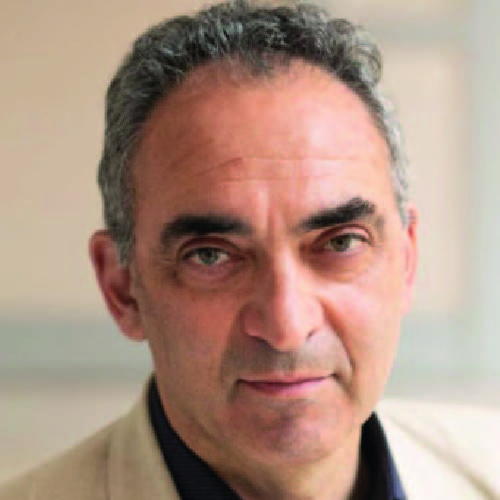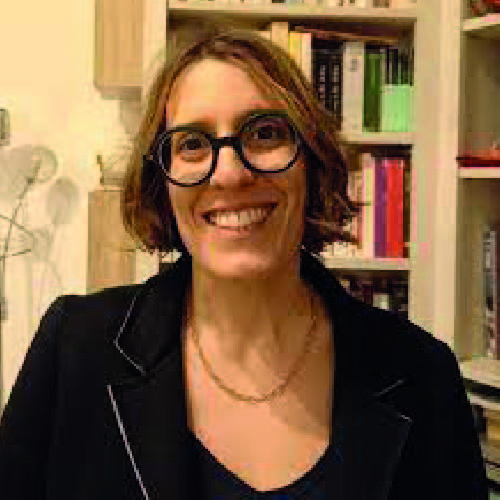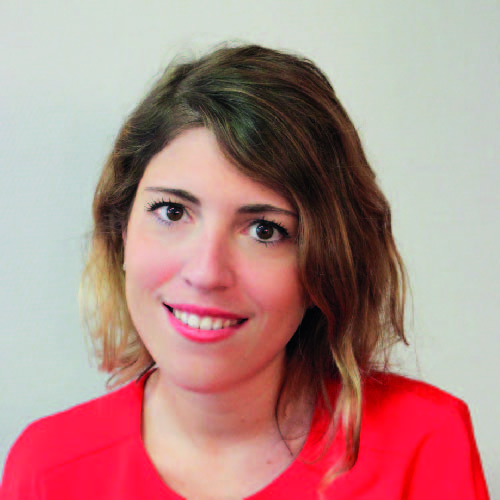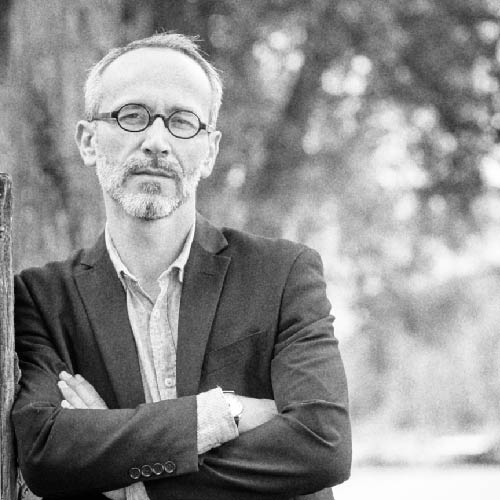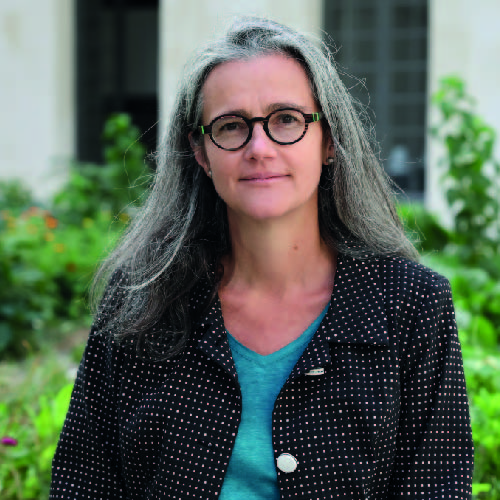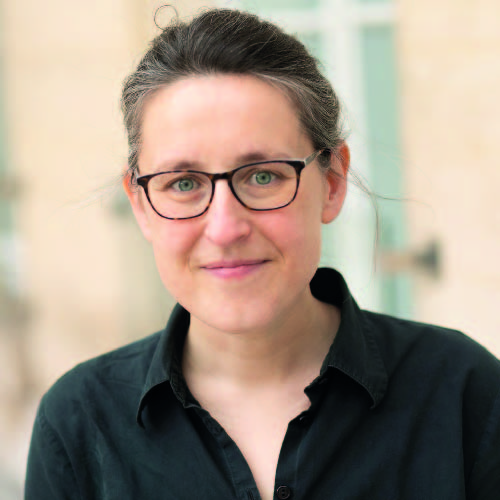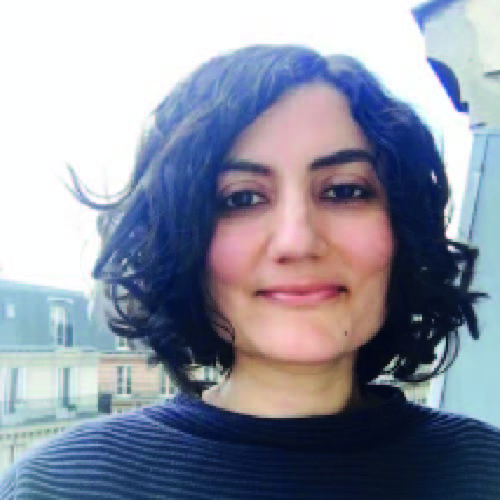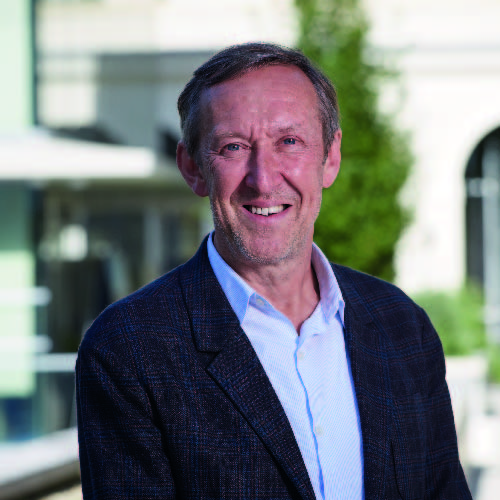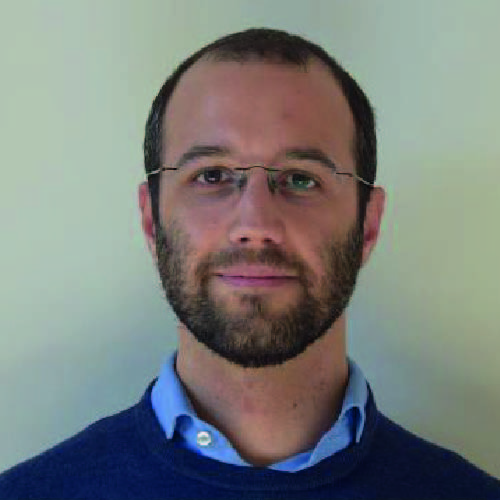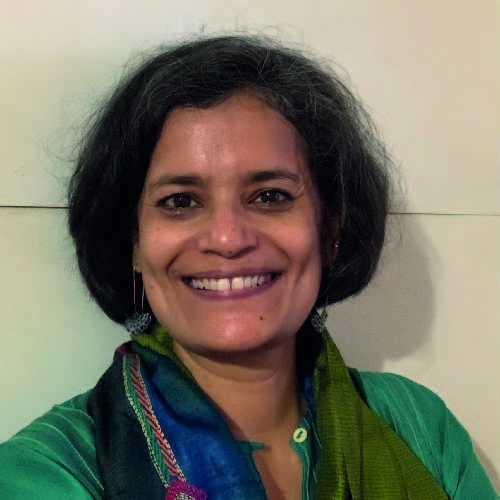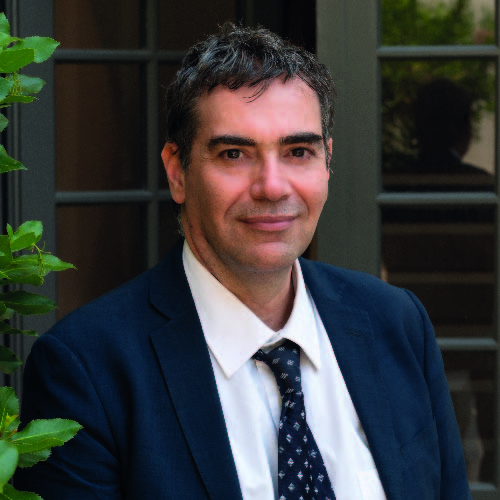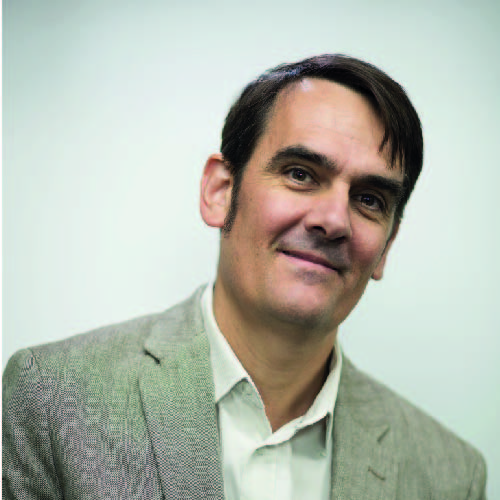AESOP 2024 ANNUAL CONGRESS | EVENING EVENT
36th AESOP Annual Congress 2024 Paris, France
“GAME CHANGER? Planning for just and sustainable urban regions”
Event Evening 02
TIME/LESS: Sensing, Designing, Planning
Organizers:
- Robin A. Chang, Chair of Planning Theory & Urban Development, Faculty of Architecture, RWTH Aachen University
- Fabio Bayro Kaiser, Chair and Institute of Urban Design, Faculty of Architecture, RWTH Aachen University
- Stefano Cozzolino, ILS-Research Institute for Regional and Urban Development
Complex socio-spatial systems continuously evolve and transform over time in ways that are sometimes predictable and other times spontaneous; sometimes slow, and other times fast. Planners are at the frontline of this change, and yet, how well do they understand or leverage wisdom about time? In dealing with TIME, the AESOP Thematic Group on Planning and Complexity has embarked on a series of initiatives culminating in the annual conference hosted by RWTH (Aachen, November 2024). We invite to discuss the fascinating topic of TIME and its integration into planning debates in an engaging event sparked by an initial input from Stefano Moroni (see below). It is an opportunity for all members and friends of the Thematic Group and curious scholars to start TIME/LESS discussions and networking in a friendly and intellectually stimulating environment.
Input:
Planning and the structure of time - by Stefano Moroni (Polytechnic University of Milan)
In discussions about planning, people often refer to the dimension of “time”. However, this dimension has rarely been problematised in the planning debate, which is surprising because there are various competing conceptions of time: assuming one conception rather than another can have important implications for planning theory and practice.
LOC
The Local Organising Committee
